At the opening session of the 10th annual Saban Forum, Israeli Foreign Minister Avigdor Lieberman criticized the interim nuclear deal with Iran but appealed for discretion in managing the bilateral frictions between the United States and Israel that have become apparent over the diplomacy.
Lieberman, head of the right-wing Yisrael Beytenu party, described the Iranian interim nuclear deal as “unacceptable to me and the Israelis.” However, he repeatedly underscored that while “it’s impossible to conceal the disagreements between us and the Americans on this deal…it’s unnecessary to discuss those disagreements publicly.”
Borrowing a line from the 1966 Clint Eastwood movie The Good, The Bad And The Ugly, Lieberman declared that “in the end of day, it’s our responsibility of our government and we will take all the decisions in a very responsible way. And you know me and you know also my philosophy in my private life and my political life: if you want to shoot, shoot; don’t talk. And in the end of the day, it’s our responsibility for the future, for the destiny of our citizens.”
The Foreign Minister contrasted the interim deal with Iran, concluded last month in Geneva between Tehran and representatives of the United States, Europe, Russia and China, with the bargain struck earlier this year on Syria that committed Damascus to the destruction of its chemical weapons arsenal as well as the means to produce them. By comparison, he noted that the interim deal with Iran does not stop or dismantle its uranium enrichment activities, although as Forum Chairman Haim Saban pointed out, it does “hit pause” on the program’s advances by precluding the expansion of Iran’s stockpile of low-enriched uranium over the course of the six-month period of negotiations toward a final deal with Iran.
He outlined the array of concerns about Iranian policy around the region and the world, particularly Tehran’s support for terrorism in Syria, Lebanon and Iraq, as evidence of Iran’s intentions. And he reiterated concerns that the nuclear diplomacy with Iran will exacerbate the security environment for both American and Israeli interests across the region, arguing that “we are in the beginning of a nuclear arms race…[whose] consequences are even more serious than a horror movie in Hollywood.”
Lieberman downplayed the significance of political shifts within Iran, such as the June 2013 election of a moderate cleric Hassan Rouhani as president and the appointment of the American-educated Mohammad Javad Zarif as foreign minister as chief nuclear negotiator. “(T)he real center of power, it’s not the new political leaders. It’s not Rouhani, it’s not Zarif, it’s still the Revolutionary Guard and the Supreme Leader.”
Lieberman also highlighted the speech delivered by Ayatollah Khamenei to members of an Iranian paramilitary organization on the eve of the negotiations last month, in which Iran’s Supreme Leader referred to the Israeli leadership as the rabid dog of the region. [For analysis and extended excerpts from that speech, see my Iran@Saban post “As Nuclear Talks Inch Forward, Iran’s Supreme Leader Tacks Right With A Blistering Speech.”] He praised U.S. Secretary of State John Kerry for denouncing the speech, but expressed disappointment that European leaders were relatively silent.
Lieberman maintained that “we hope for real change in Iran.” Lieberman highlighted the long, amicable history between the citizens of both countries prior to Iran’s 1979 revolution, noting that “we enjoyed really friendly relations with the Iranian people for hundreds, maybe thousands of years.” He added that today “of course we have some dialogue with the Iranian people through mass media, but it’s not enough.”
The Foreign Minister was pressed on his headline-generating comments several weeks ago that the Iran deal accentuated the need for Israel to find “other allies” beyond its close alliance with Washington. Asked about the possibilities of cooperation with Arab states against Iran, Lieberman commented that the Iranian challenge represents the most significant threat facing Saudi Arabia today.
For more comprehensive coverage of Lieberman’s speech, including his comments on the state of the Palestinian-Israeli peace process and his rejection of the term “occupation,” we encourage you to read the Israeli press coverage of the event, including articles in Haaretz and The Times of Israel.
The Brookings Institution is committed to quality, independence, and impact.
We are supported by a diverse array of funders. In line with our values and policies, each Brookings publication represents the sole views of its author(s).

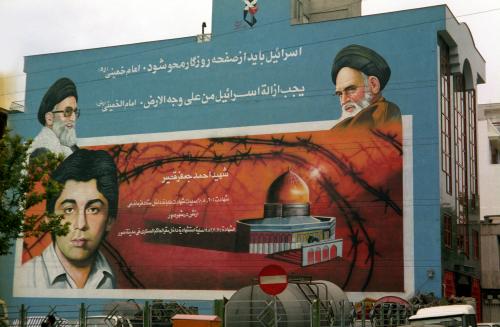
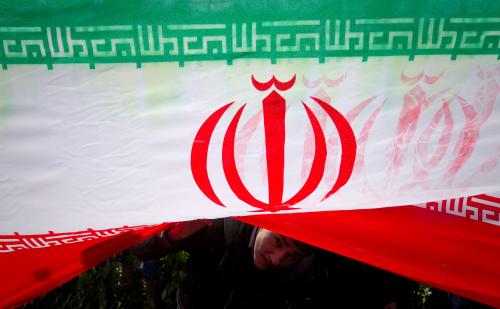
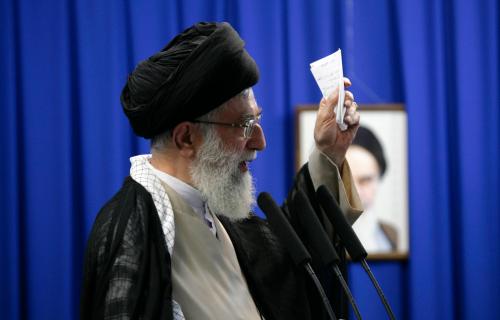
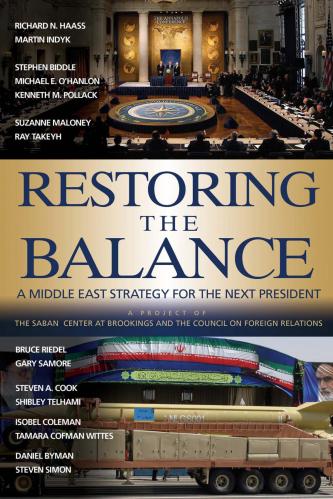
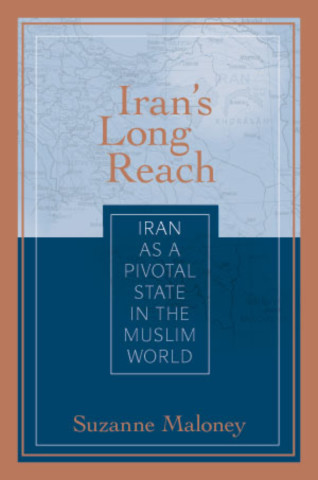
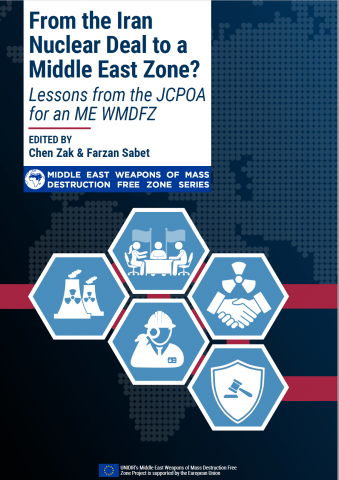




Commentary
Israeli Foreign Minister on Iran: If You Want To Shoot, Shoot; Don’t Talk
December 7, 2013